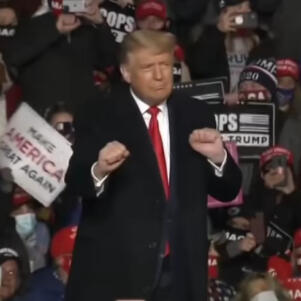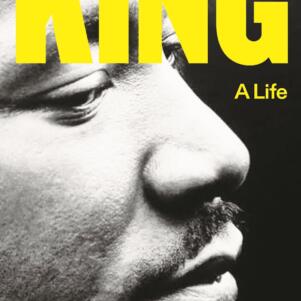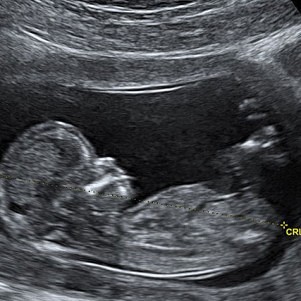The BLOG: Faith and Law
Big Brother versus the Little Sisters in the Supreme Court
Dwight Duncan | November 13, 2015
On Friday, Nov. 6, the U.S. Supreme Court announced that it will review Little Sisters of the Poor v. Burwell, Secretary of HHS, one of seven similar cases it will hear in March and decide by the end of June. All these cases challenge the adequacy of Obamacare’s accommodation for religious organizations — like the Sisters — that provide healthcare or education but who have religiously-based conscientious objections to the provision of coverage for contraceptives, abortion and sterilization that HHS regulations mandate.
Tellingly, the Justice Department had urged the nation’s highest court to take up the issue of whether the religious accommodation was adequate under the Religious Freedom Restoration Act (RFRA), because there was a “split in the Circuits,” different rulings on the issue from the federal appeals courts, but had advised against taking the Little Sisters case. (It makes for bad public relations.)
In any event, the Supreme Court took up all the cases, including the Little Sisters’ one, but recognized an additional issue in their case, which is “Can HHS satisfy RFRA’s demanding test for overriding sincerely held religious objections in circumstances where HHS itself insists that overriding the religious objection will not fulfill HHS’s regulatory objective?” This is because their third-party insurance administrator, upon whom the obligation to actually provide the free contraceptive coverage would fall, is the Christian Brothers Employee Benefit Trust, a church plan that is co-party with the Little Sisters and which HHS admits it lacks authority to compel to provide coverage. Thus, even if the Little Sisters were to comply with the regulation and pass the buck to the Christian Brothers, who have the same religious objection as the Little Sisters, their employees would still not get free contraceptives.
So the insistence of the federal government that the Little Sisters sign the forms to transfer responsibility to provide contraceptives would not actually result in achieving the HHS’ regulatory objective of the provision of these “services.” Forcing them to sign anyway is a type of loyalty oath or religious test, something outside the power of the federal government to compel under the First Amendment.
But on the main issue, which is shared by all the other religious organizations, mostly Christian universities, hospitals, social-service agencies and schools, including Southern Nazarene University and Geneva College, is whether the accommodation complies with the federal RFRA: If it substantially burdens their religious practice, does it serve a compelling government interest in the least religiously restrictive way possible? The Hobby Lobby case of last year, it will be recalled, ruled 5-4 that a closely held family-owned business had a right under RFRA to a religious exemption from the contraceptive mandate. A fortiori, it would seem, non-profit religious organizations should have the same right to exemption.
But HHS instead gave them an “accommodation,” which provided that such religious organizations had to fill out a form which certifies their religious objection to contraceptive coverage. The second page of the form adds, however:
The organization or its plan must provide a copy of this certification to the plan’s health insurance issuer (for insured health plans) or a third party administrator (for self-insured health plans) in order for the plan to be accommodated with respect to the contraceptive coverage requirement.
As noted in The Week, the form then says, “This certification is an instrument under which the plan is operated.” In plain English, the form doesn’t just say that the Little Sisters have a religious objection to the coverage, it also instructs their insurer or third party administrator to provide coverage in their stead. The Little Sisters view this as cooperation in something they consider intrinsically evil. Their view is sincere and religiously motivated (in addition to being correct, in my humble opinion): They, and not the government, are in a better position to decide whether the mandate substantially burdens their religious freedom.
In any case, like in the Hobby Lobby case, if the provision of free contraceptives is so important to the government, why does it have to stick the obligation on sincerely opposed religious employers? Couldn’t it just provide them itself? Or just extend the exemption it already gives Churches?
Given the 5-4 ruling in Hobby Lobby, it appears that the decision will depend on the swing vote of Justice Anthony Kennedy. Hopefully, the ruling will be broad enough to extend to all the religious employers, and not just rely on the rather technical grounds of their additional issue about the Little Sisters’ special insurance arrangement. Reason for the Little Sisters to redouble their prayers, while continuing their loving care of the elderly and infirm. Big Brother is trying to break them or shut them down.
Dwight Duncan is a professor of constitutional law at University of Massachusetts School of Law in Dartmouth, Mass. NBPPluralism







